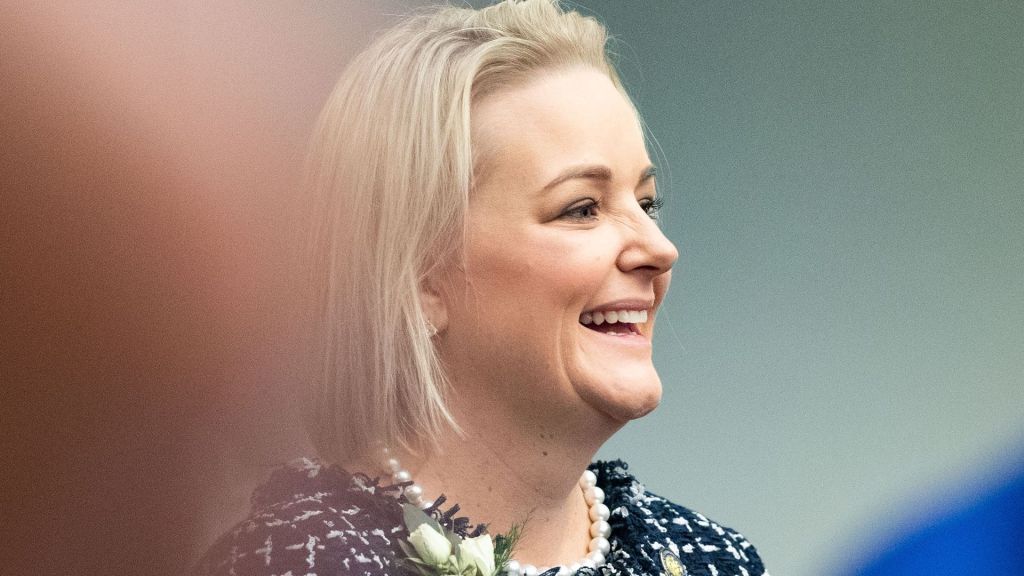AI-Fueled Breakthrough in Medical Diagnosis: 'FaceAge' Analyzes Skin to Reveal Health Secrets

Brigham and Women's Hospital has adopted a revolutionary AI model called FaceAge, which uses facial analysis to detect subtle signs of aging that can provide valuable insights into overall health. The tool, developed by researchers, has been trained on tens of thousands of photos from patients and public image databases.
According to Dr. Raymond Mak, co-leader of the study behind the innovation, our faces reflect the wear and tear of a lifetime - an intricate roadmap that doctors are just beginning to decode. By analyzing these signs of aging, FaceAge AI can offer oncologists more precise assessments of patient health.
A recent study at Brigham and Women's Hospital demonstrated the potential impact of this technology. A 90-year-old lung cancer patient was diagnosed and treated as if he were younger, only later realizing his true biological age through analysis of his face using FaceAge AI - a result estimated to be around 66 years old.
While its promise is significant, concerns have been raised about the tool's potential for bias. Experts are cautioning that racial groups may be underrepresented in the datasets used for training, which could lead to skewed results and unequal treatment.
Additionally, researchers acknowledge limitations of FaceAge AI, including factors like cosmetic procedures or poor lighting that can skew results. The Wall Street Journal notes that an associate professor at Harvard stated that "an incomplete dataset" represents a significant risk.
To explore biological aging and receive health tips, NOVOS offers a free version of its tool, analyzing features such as wrinkles, eyes, and pores to provide guidance on improving overall well-being.
As researchers continue to refine this cutting-edge technology, medical experts emphasize the need for patients to exercise caution when interpreting any AI-generated results. While FaceAge holds tremendous potential in enhancing medical diagnoses, it should not substitute professional advice or expert evaluations.
The breakthrough in medical diagnosis raised by FaceAge has sparked both excitement and concerns about its applications, underscoring the importance of ongoing debate and evaluation on this technology's capacity to reshape healthcare standards.
